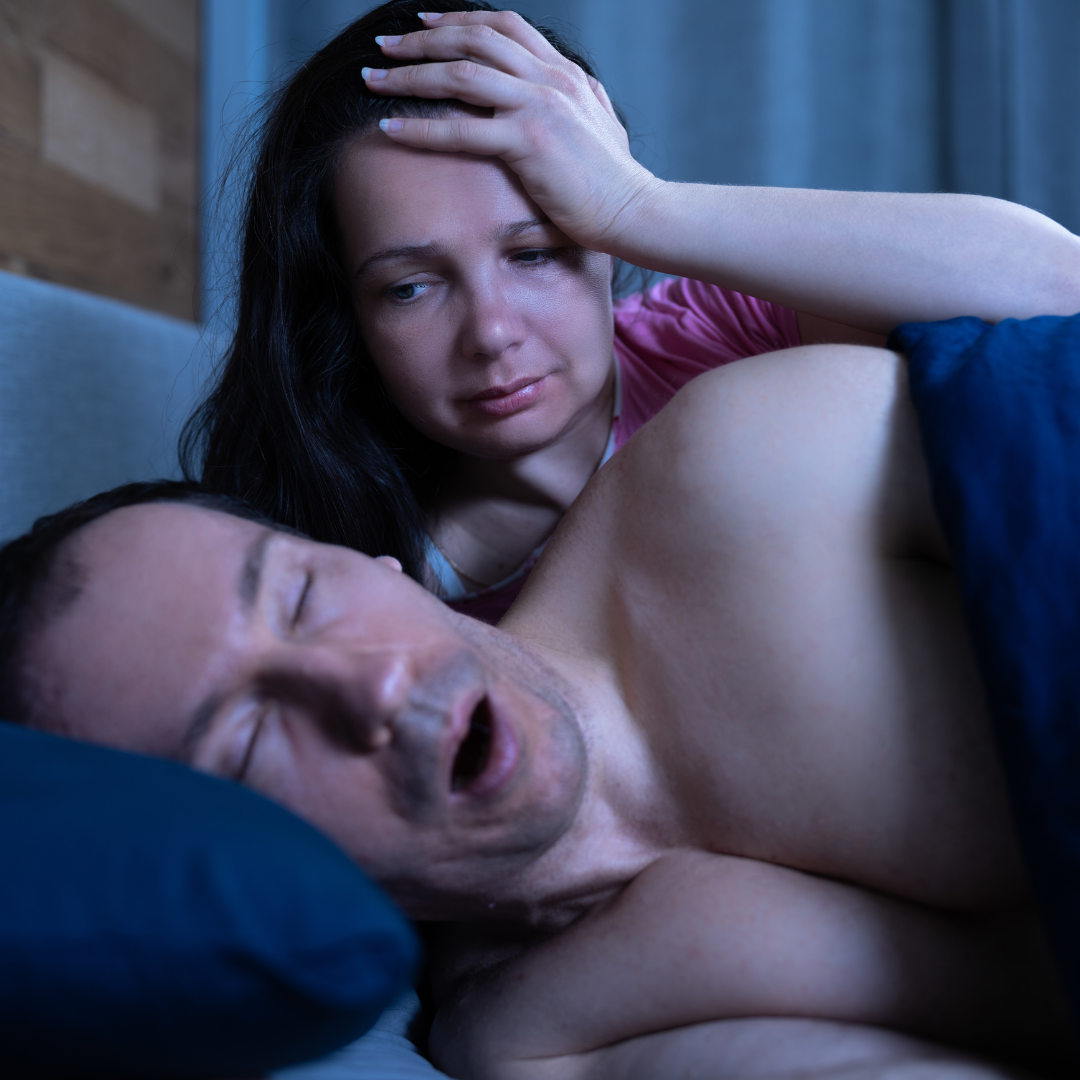Sleep apnea is a sleep disorder that causes frequent interruptions in breathing while asleep, leading to daytime fatigue and other complications. This article provides an overview of sleep apnea, its types, causes, common symptoms, and treatment options.
Understanding Sleep Apnea
Sleep apnea can be categorized into two main types:
- Obstructive Sleep Apnea (OSA): The most prevalent type, OSA occurs when the muscles in the throat relax and obstruct the airway, making breathing difficult.
- Central Sleep Apnea (CSA): CSA is less common and happens when the brain fails to send proper signals to the muscles responsible for breathing.
Causes of Sleep Apnea
Several factors can contribute to the development of sleep apnea, including:
- Obesity
- Enlarged tonsils or tongue
- Narrowed airway
- Alcohol consumption
- Smoking
- Sleeping position
- Certain medical conditions like heart disease, high blood pressure, and diabetes
Recognizing Symptoms
Sleep apnea manifests through various symptoms, including:
- Snoring
- Gasping or choking during sleep
- Waking up with a dry mouth or sore throat
- Excessive daytime sleepiness
- Difficulty concentrating
- Mood swings
- Memory problems
- Increased risk of accidents
Diagnosis and Treatment
If you suspect sleep apnea, it is crucial to consult a doctor for proper diagnosis and appropriate treatment. Treatment options for sleep apnea include:
- Continuous Positive Airway Pressure (CPAP) Therapy: CPAP machines deliver a steady stream of pressurized air through a mask worn over the nose and mouth, keeping the airway open during sleep.
- Oral Appliances: These devices, worn in the mouth, help reposition the jaw or tongue to prevent airway blockage.
- Surgery: In select cases, surgery may be recommended to remove excess throat tissue, reposition the jaw, or enlarge the airway.
Conclusion
Sleep apnea is a common sleep disorder characterized by breathing interruptions during sleep, leading to daytime tiredness and other complications. Understanding the types, causes, and symptoms of sleep apnea is essential for seeking proper diagnosis and suitable treatment. Consult a healthcare professional to explore treatment options such as CPAP therapy, oral appliances, or surgery. Managing sleep apnea effectively can greatly improve sleep quality and reduce the risk of associated health problems.



